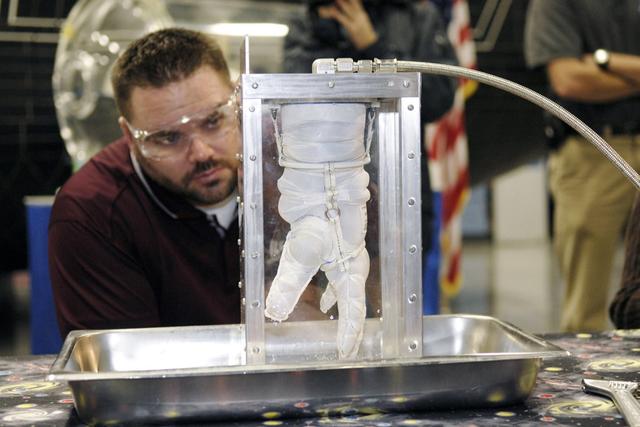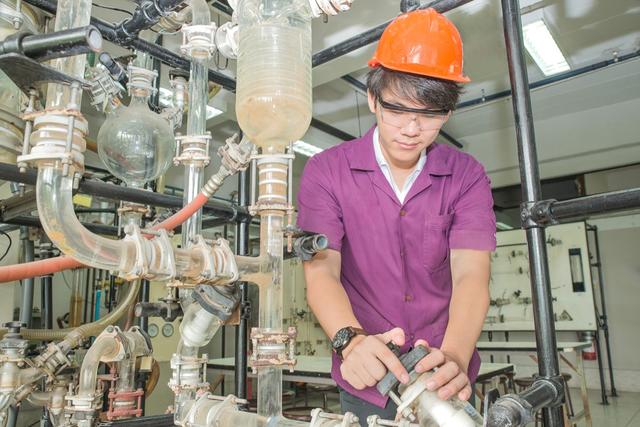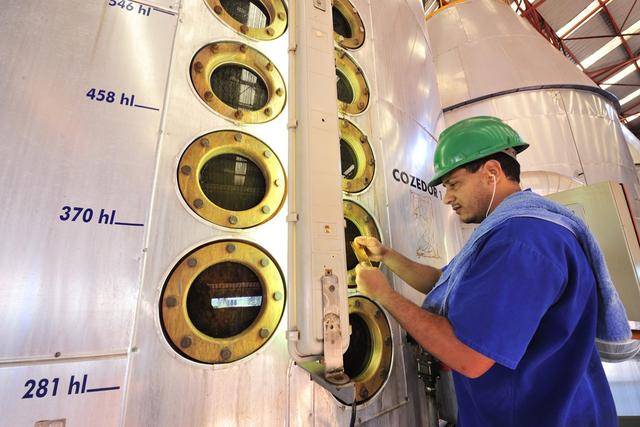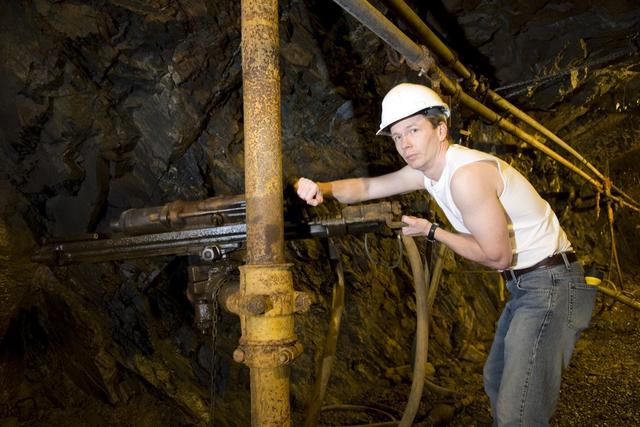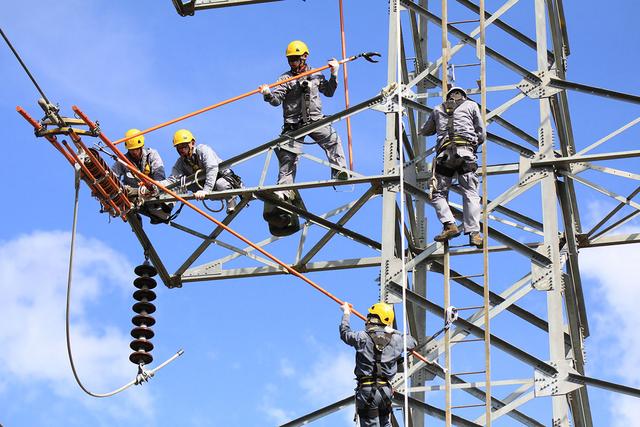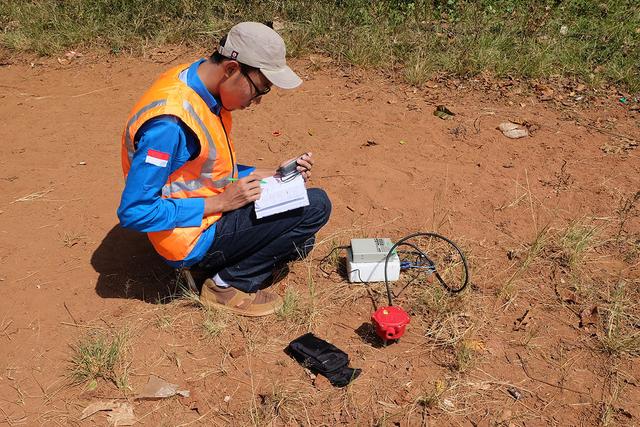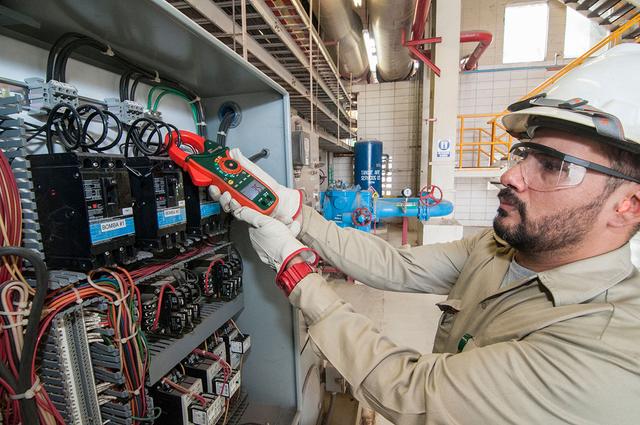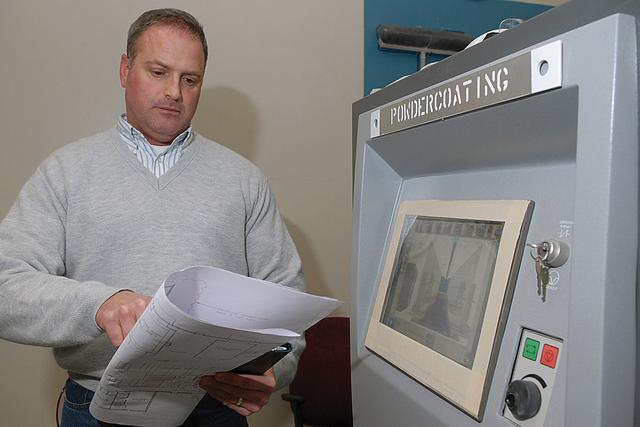Energy Efficiency Engineers
Overview

Introduction
Energy efficiency engineers apply engineering principles and tools to develop energy distribution systems that operate efficiently for residential, commercial, and industrial buildings. They analyze primary energy systems and make recommendations for ways to reduce energy usage while increasing energy efficiency. A wide variety of industries seek the advice of energy efficiency engineers, including manufacturing and production companies, government agencies, and energy auditing companies. There are more than 141,000 engineering serv...
Quick Facts
Median Salary
Employment Prospects
Minimum Education Level
Experience
Skills
Personality Traits
Earnings
The average annual salary for energy efficiency engineers was $77,029 in October 2024, according to Payscale.com. Salaries ranged from $60,000 to $103,000. They received bonuses that ranged from $984 to $9,000. Full-time energy efficiency engineers may also receive bonuses and profit sharing, as well as medical benefits.
Work Environment
Energy efficiency engineers usually work weekdays during business hours. Many work an average of 40 hours per week. They work extra hours, however, when project deadlines are approaching, and they may also work extra hours to travel for client meetings and site inspections. Energy efficiency engineers work in offices, using computers for modeling and analysis work. They also spend part of their...
Outlook
The U.S. Department of Labor predicts that employment in engineering and architecture professions will increase faster than the average for all careers through 2033. Energy efficiency engineers will have good employment opportunities due to the growing interest in efficient and cost-saving energy systems. The increasing demand for these specialized engineers will stem from growth in the constru...


